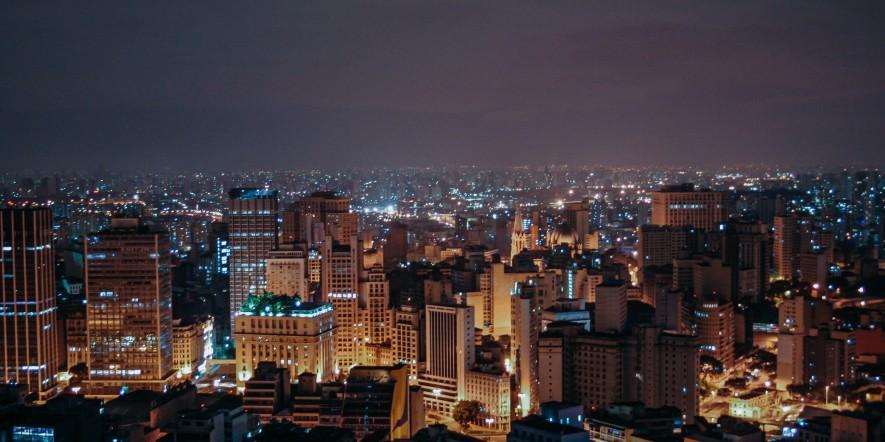
Submitted by Livia Harriman on Fri, 02/04/2021 - 11:37
Every year between 20 and 25,000 people ‘go missing’ in São Paulo state in Brazil
But in Brazilian law disappearance is just a fato atípico, an ‘atypical occurrence’.
There is no causal relationship between act and violence to be legally found.
Nor, it seems, is there a pursuit to know.
In a region well recognised for political disappearance, Graham Denyer Willis asks for a deeper and historicist consideration of how disappearance has worked politically, and why it might be acutely important at the current juncture where mass graves have a kind of axiomatic enigma.
Doing so allows for a thorough disaggregation of how conditions of passive government and a lack of pursuit – letting disappear – shape the terrain of both extreme suffering and contemporary political ordering.
